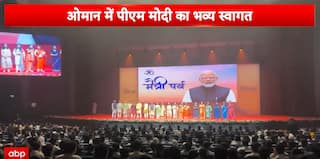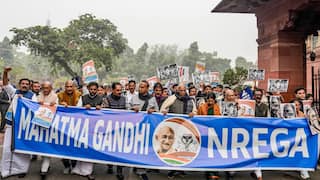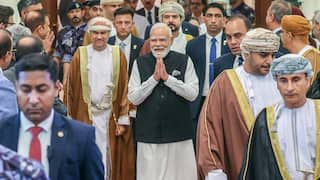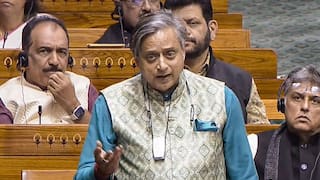India’s Approach Defined By Act East Policy: Rajnath Singh At 13th Indo-Pacific Chiefs Of Armies Conference
Defence Minister Rajnath Singh adressed the 13th Indo-Pacific Armies Chiefs' Conference in New Delhi.

Defence Minister Rajnath Singh on Tuesday said India’s approach to the Indo-Pacific region is defined by its ‘Act East Policy. Speaking at the 13th Indo-Pacific Armies Chiefs' Conference in New Delhi, Singh said, "India has always stood for a free, open, inclusive and rules-based Indo-Pacific Region, in the pursuit of shared security and prosperity. Neighbourhood First', has always been the cornerstone of our culture since time immemorial. India’s approach to the Region is defined by its Act East Policy.”
He said that the significance of the Indo-Pacific region is not just limited to maritime trade or lines of communication but “it also has broader political, security and diplomatic dimensions."
#WATCH | "India has always stood for a free, open, inclusive and rules-based Indo-Pacific Region, in the pursuit of shared security and prosperity. 'Neighbourhood First', has always been the cornerstone of our culture since time immemorial. India’s approach to the Region is… pic.twitter.com/9uGDhv0FNM
— ANI (@ANI) September 26, 2023
"The (Indo-Pacific) region faces a complex web of security challenges, including boundary disputes, piracy etc. The need to comprehensively deal with these security challenges has led to the full involvement of the states in the region, with all their organisations, including their Armies," Singh said.
The Union minister highlighted the country’s efforts towards building robust military partnerships with friendly countries and underscored the commitment to not only safeguard “own national interests but also addressing important global challenges being faced by all of us.”
Speaking about the G20 Summit, Singh said that the adoption of the Leaders' Declaration by all member countries was a grand success. “Our PM gave a mantra for the Indo-Pacific which is based on mutual respect, dialogue, cooperation, peace, prosperity,” he added.
“The economic impact of climate change and extreme weather create a demand for climate-resilient and eco-friendly infrastructure. There is a need to understand the compulsions and perspectives of all our partner nations as well as sharing of expertise and resources,” he added.






































